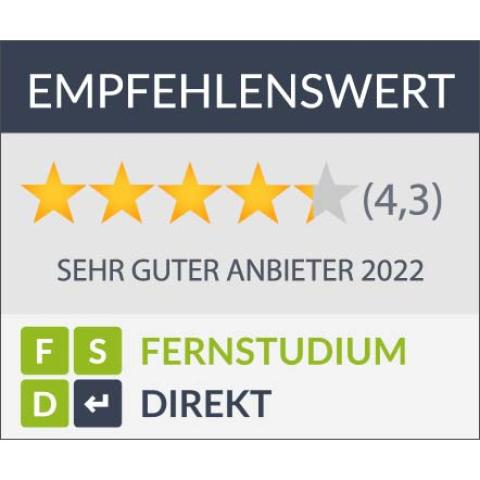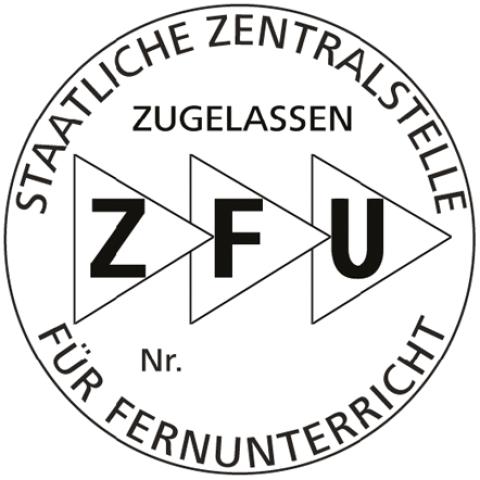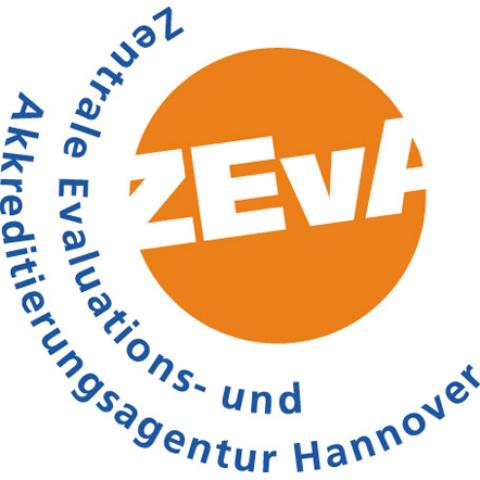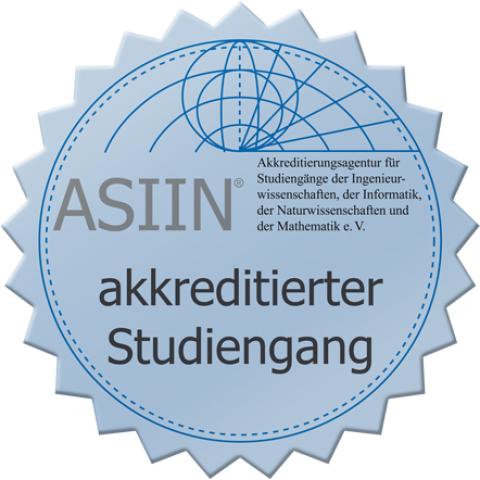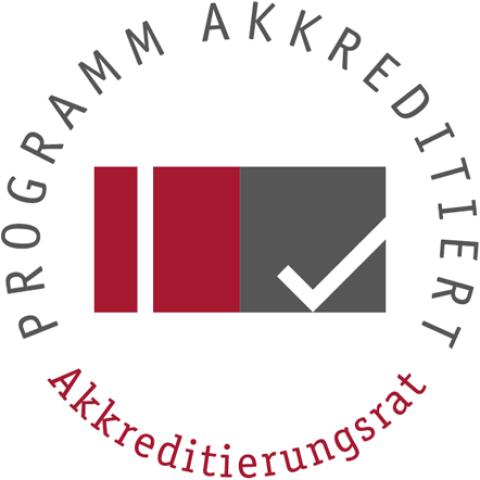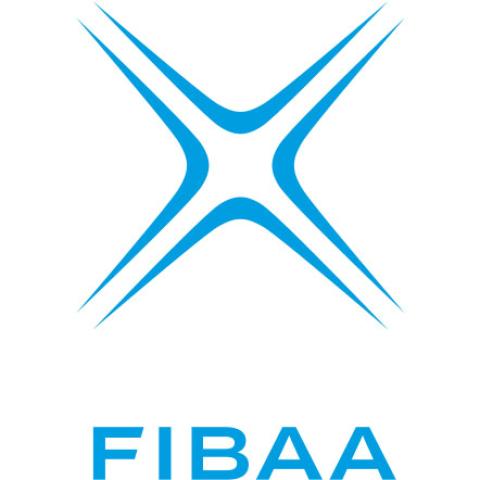Learn to design and manage unforgettable user experiences
The UX Management & Design programme combines creativity with academic rigor, offering a holistic approach to digital design. You will explore the psychology behind user behaviour, enhancing your ability to craft intuitive experiences, while mastering data analytics to test designs and extract valuable insights. Additionally, courses in business and management provide the knowledge needed to build sustainable business models.
This programme is ideal for those with a Bachelor’s degree in fields like Economics, Psychology, Business Information Systems or related disciplines looking to specialise in UX Management & Design.
Degree
Master of Science 90 ECTS
Study location
Campus Göttingen
Length of study
3 semesters (1.5 years)
Start dates
April 1st and October 1st each year
Entry requirement
Completed university degree in Economics, Psychology, Business Psychology or Business Information Systems or in a closely related subject.
Tuition fees
€5,100 per semester
€1,000 admin and enrolment fee (one-off)
€1,000 examination fee (one-off)
Study content
The Master's programme lasts three semesters, during which you not only acquire the skills to work in companies in the area of user experience, but to also be a product owner or strategic planner in similar fields. You will gain practical knowledge through numerous projects and case studies in each semester. In preparation for the job market, you will not only acquire the needed theoretical knowledge in the field of UX Design, but will also acquire important skills to help you apply this knowledge to practice and learn how to use the relevant tools. In addition, you will be able to oversee projects with different frameworks and work with others to create a successful product. A scientific-theoretical orientation of the Master's programme can be seen when looking at current research statuses in the lectures, as well as in the preparation of scientific papers.

Module 1: Digital Business Modelling, Strategy and Marketing
This module focuses on increasing digitalisation of marketing and business models within corporate strategy. Students gain knowledge in digital marketing, including SEO, social media marketing, content strategies and user experience, and learn to plan, evaluate and implement digital platforms and user-centric business models.
Module 2: Skill Competence Alignment
Students take the following courses:
- The User in Society
- Information Architecture
Module 3: UX Evaluation I
This teaches essential theories in human-machine interaction and how to apply these theories to current technologies like voice interfaces and mobile apps. Students will also learn user-friendly design guidelines, plan and conduct usability tests, and apply their knowledge in practical settings to evaluate and optimise prototypes and digital products.
Module 4: Psychology and UX Design
Learn key psychological theories of behaviour, decision-making and motivation, and how to apply these to current technological and design contexts. Students will also learn to evaluate and optimise digital products using psychological theories and measurement methods for cognitive and emotional processes.
Module 5: Conception and Prototyping
Explore different forms, types and purposes of prototypes, and how to distinguish between them. Students will also learn to integrate prototypes into various project phases, processes and frameworks, and gain essential project management and communication skills.
Module 6: UX Evaluation II
Understand the fundamentals of market research and how to independently plan, evaluate and implement both quantitative and qualitative methods. Students will also learn user-centred requirements for engineering techniques and consider ethical aspects, preparing them to design prototypes based on user needs and ethical considerations.
Module 7: Design
Learn basics of interaction and interface design, applying them to prototypes while considering mobile, wearable, virtual and augmented reality applications. Students will learn to evaluate and optimise the information architecture and design of existing digital products and create user-centred prototypes, considering accessibility and technical constraints.
Module 8: Skill Competence Alignment
Students take the following courses:
- User Behaviour Control
- Data Analytics and Security
Module 9: Project Work
Address topics from current events or ongoing research and practice projects, analysing complex issues and linking theory with practice in their project reports. They create artifacts based on theoretical, user-centred or economic requirements, deepening their expertise and applying project management and workflow planning methods independently, either individually or in interdisciplinary groups.
Module 10: Master’s Thesis
Present and discuss economic, informatics and psychological topics in a comprehensive scientific work in the form of a thesis and defence. Gain new research insights, apply them to practical solutions and improve job prospects with a well-chosen, high-quality thesis, ideally conducted with a company to enhance teamwork and communication skills.
Am I eligible for the UX Management & Design Master's degree programme?
Admission requirements
- A Bachelor’s degree in Economics, Psychology, Business Psychology, Business Information Systems or another related subject
Language requirements
- English proficiency at a minimum level of B2 (CEFR), to be certified with:
- English language certificate: TOEFL iBT score 87, IELTS score 6.5, Duolingo score 120, LanguageCert Academic score 70 or equivalent.
- Alternatively, a document stating that the medium of instruction of your Bachelor's course was English.
Kickstart your UX career
PFH offers a special career development programme that helps you prepare for your professional future step-by-step. From navigating the job market to training your networking skills, together with our dedicated staff, you'll actively shape your path towards your first UX job in Germany.

Career opportunities for UX Design graduates
Bitkom, in collaboration with major companies, has defined the role of a Digital Designer as one of the three major future job profiles, with over 400 professionals endorsing its importance.
Upon completing the UX Design programme, you will have strong prospects for securing roles in management, product development, marketing, research and entrepreneurship.
-
Product Owner
A product owner manages product development by prioritising tasks and making swift decisions on team priorities. They interpret customer needs to create actionable plans, which they then communicate to the development team. Working within a scrum team, product owners use agile methodologies to guide product evolution and ensure alignment with customer expectations and project goals.
-
UX Designer
UX stands for User Experience and refers to the experience users have when interacting with digital products. UX designers empathise with users to create concepts for digital applications. They are experts in developing new products with a focus on usability, design and emotional impact to ensure customer acceptance.
-
UX Researcher
As a UX researcher, you specialise in studying user perspectives to understand their behaviours, needs and issues. You master methodologies to gather insights and relay this information to product developers, marketing teams and designers. Your role involves ensuring marketing campaigns are targeted and user-oriented, supporting the creation of user-friendly products and effective marketing strategies.
-
Innovation Management
To stay competitive, companies must remain innovative. For successful implementation of innovative ideas, businesses employ innovation managers. Rather than inventing new products, their main task is to monitor the market for new ideas and products and oversee the development process from concept to execution. They collaborate with colleagues from various departments, including management, research and development, controlling, sales and marketing.
-
(Online) Marketing Manager
If you enjoyed market research and product marketing during your UX Design studies and want a career where digital skills are important, becoming an online marketing manager might be right for you. Alternatively, you can work as a marketing manager, designing campaigns for both online and offline channels. In marketing, you manage content processes and create performance reports, aiming to strengthen the company's brand and increase its visibility.
-
Product Manager
Product managers oversee a product or service from development and market launch to ongoing sales, customer service and the further development of the product or service. They assess market opportunities for new products or services, calculate costs, analyse potential markets and prepare for the launch. As a cross-functional role, they coordinate various production and service areas, working closely with colleagues in development, marketing, sales, accounting, controlling and production.
-
UX Writer
Do you also like writing, besides designing? UX writers are responsible for creating the language that appears in software user interfaces. They ensure clarity and coherence within the application, helping users to successfully navigate marketing, sales and customer service software. By adding dedicated details, they differentiate the product from competitors. UX writers work closely with product managers, designers and developers.
-
Chief Digital Officer
All companies must embrace digital transformation, requiring a qualified Chief Digital Officer or Digital Manager. This role involves developing new products, services, digital processes and business models while managing the associated risks. The Chief Digital Officer is typically not involved in day-to-day operations but focuses on overarching digital transformation goals.

Job Guarantee
Since there are plenty of job openings in the German job market, we are confident our students will find jobs quickly after they finish studying. That's why we're offering a 20% refund on full tuition fees if they don't land a job within 9 months of graduating.
To be eligible for the refund, the student must have:
- successfully completed their studies within the regular study period.
- attained a minimum GPA of 2.5 upon graduation.
- shown proof of a B2 level German language proficiency in form of a certificate.
Meet the professors

Carolin Ebermann has worked in practice as a user experience consultant for numerous companies. She is still involved in teaching and research in the area of human-technology interaction.

Hubert Schüle worked for a Hamburg consulting firm on the topics of business processes and the development of ERP systems. Today he works as a professor and management consultant.

Stephan Weibelzahl led a research group on experimental software engineering at the Fraunhofer Institute and helped to establish the Learning Technologies degree program in Dublin.

Antje-Britta Mörstedt provided many innovative impetuses for the concept of distance learning at PFH. Between 2015 and May 2025, she was Vice President for Distance Learning and Digitalisation at PFH.
Receive more information

FAQ – the most frequently asked questions
At PFH University, you can apply at any time.
- Application form via our website
- Curriculum Vitae (CV)
- Letter of motivation
- School leaving certificate (University Entrance Certificate)
- Bachelor's degree certificate (or provisional certificate, if not yet awarded)
- Transcript of records for your Bachelor's degree
- Proof of English proficiency (minimum B2 level)
- English language certificate: TOEFL iBT score 86, IELTS score 6.5, LanguageCert Academic score 70, Duolingo or equivalent.
- Document stating that the medium of instruction of your Bachelor’s course was English.
- An employment reference is optional, though highly recommended
- Copy of passport
- Digital photo for your university card
- Chinese, Vietnamese and Indian students must obtain an APS Certificate from the Academic Evaluation Center to complete the admission process.
Yes, you will need proof of advanced English language skills, e.g., Bachelor’s taught in English, TOEFL iBT score 86, IELTS score 6.5, LanguageCert Academic score 70, Duolingo or equivalent.
If you are a citizen of a country in the EU, EEA or Switzerland, you do not require a visa or other documentation to enter Germany and study here. However, once you arrive and find accommodation, you must register with the local residents’ registration office.
If you come from a country other than the ones named above, you will require a visa. For more information specific to your home country, please visit the Federal Foreign Office website.
At PFH University, we offer international students three types of scholarships:
- STIBET-Programmes
- DAAD Prize
- Deutschland Stipendium/Germany Scholarship
For more information on each of the scholarships, click here.
During your studies, you are generally allowed to do 120 full days or 240 half-days of paid work and take small student jobs. In exceptional circumstances, your local foreigners office may impose further restrictions.
International students coming to Germany have two options when it comes to accommodation: student halls of residence and private accommodation. For more information, you can visit the Accommodation Finder from the Federal Ministry of Education and Research or contact our International Office.
When you compare Germany to other European countries, you’ll find that it’s not very expensive. The living costs are just slightly higher than the EU average, with rent being the largest expense. On average, students in Germany spend around 850 EUR per month (750 EUR in Göttingen for the management degree).



